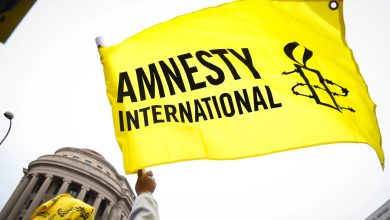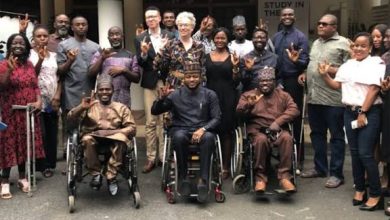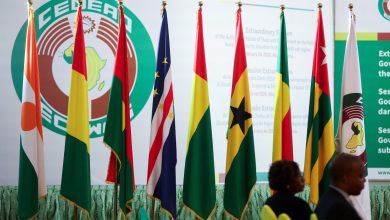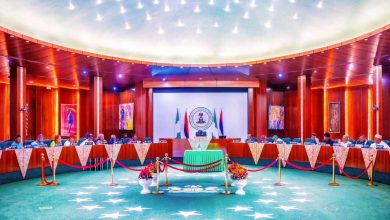Lead
Nigeria boosts foreign debt repayment by 50%

The Federal Government has disbursed 49 per cent more on external debt servicing year-on-year, according to the latest international payment data by the Central Bank of Nigeria (CBN).
Nigeria spent approximately $2.01 billion on external debt repayment between January and April 2025, compared to $1.33 billion recorded during the same period in 2024.
Debt servicing alone accounted for 77.1 per cent of Nigeria’s total international payments within the four months, a sharp rise from the 64.5 per cent share recorded in the same period of 2024.
The country’s international payments, comprising debt service, remittances, and letters of credit, stood at $2.60 billion as of April 2025, up from $2.07 billion recorded in the corresponding period of 2024.
Nigeria’s foreign exchange reserves reportedly fell by about $3 billion during the review period.
On a month-to-month basis, Nigeria paid $540.67 million in January 2025, down from $560.52 million recorded in January 2024.
In February, the figure stood at $276.73 million, almost unchanged from the $283.22 million paid in February 2024.
However, debt service spiked in March to $632.36 million, more than double the $276.17 million paid in the same month last year.
The upward tick continued in April with another $557.79 million repaid, a 159 per cent increase from the $215.20 million paid in April 2024.
The country spent nearly $1.2 billion on debt repayments within March and April alone.
This development followed confirmation by the International Monetary Fund (IMF) that Nigeria had fully repaid the $3.4 billion financial support it received under the Rapid Financing Instrument to cushion the economic impacts of the COVID-19 pandemic.
According to a statement on behalf of the IMF Resident Representative for Nigeria, Christian Ebeke:
“As of April 30, 2025, Nigeria has fully repaid the financial support of about $3.4 billion it requested and received in April 2020 from the International Monetary Fund under the Rapid Financing Instrument to help alleviate the impact of the COVID-19 pandemic and the sharp fall in oil prices.”
Despite full repayment of the principal, Nigeria would continue to pay additional annual fees related to Special Drawing Rights charges of about $30 million over the next few years.
The charges are tied to the difference between Nigeria’s SDR holdings, which currently stand at SDR 3,164 million ($4.3 billion), and its cumulative SDR allocation of SDR 4,027 million ($5.5 billion).
The IMF noted that these charges would continue until Nigeria’s SDR holdings match the cumulative allocation amount.



